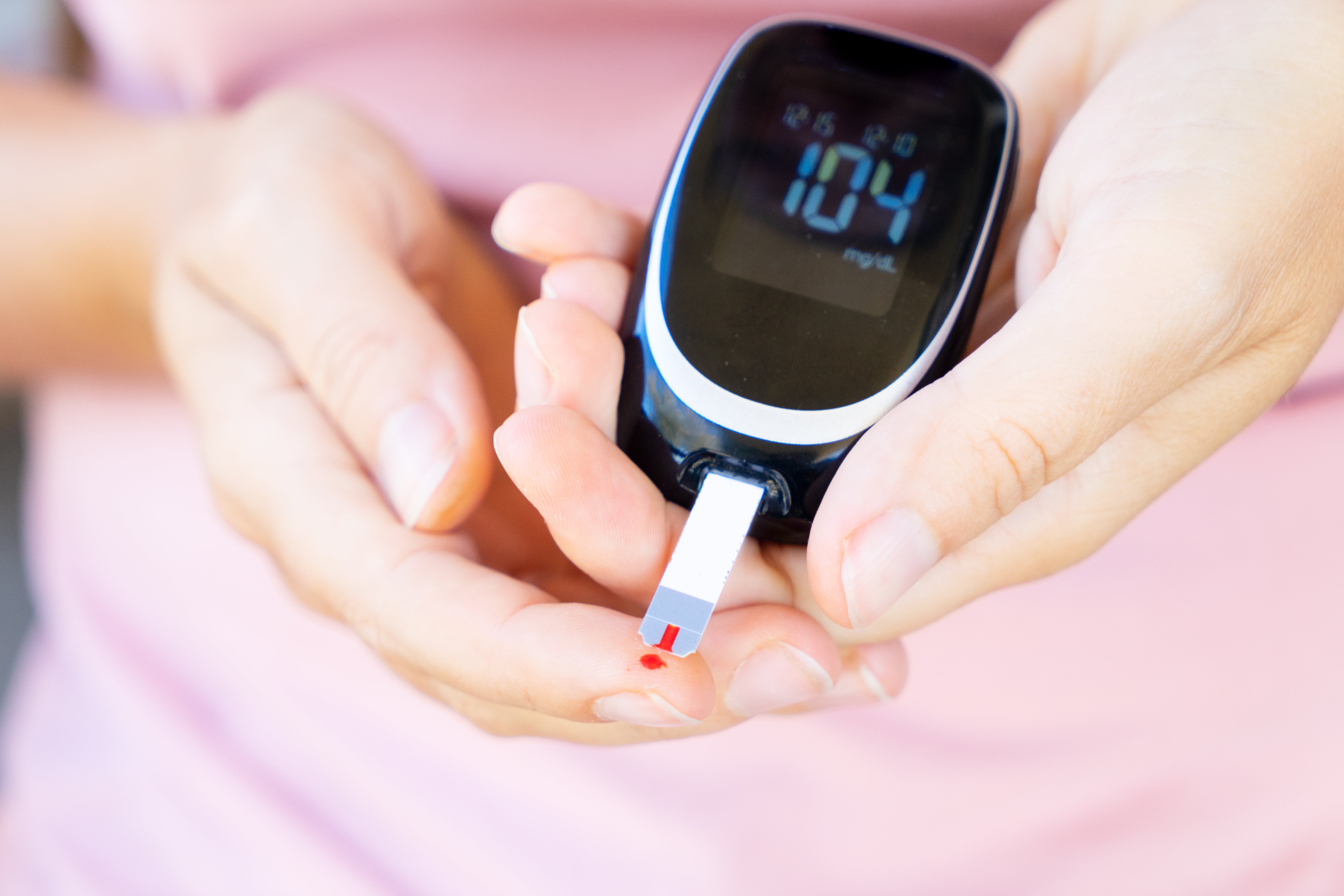Recently I read an excellent article on insulin resistance on dietdoctor.com. I have summarized some key features. I strongly recommend reading the full article at https://www.dietdoctor.com/health/insulin-resistance.
Background on Insulin: Insulin is an important hormone that we cannot live without. Its primary role is to keep our blood glucose levels in the normal range. When glucose levels rise, more insulin is secreted. When glucose levels fall, less insulin is secreted.
Another crucial role is insulin’s regulation of fat storage. When insulin levels are high, it stimulates fat cells to take up glucose and turn it into fat. When insulin is low, it enables the body to take the fat out of storage and use it for energy.
Insulin Resistance: Our bodies are exposed to an unrelenting supply of glucose from the carbs especially processed carbs we are eating and to make things worse, we are eating lot more frequently than before. As a result, insulin is constantly made and remains high. Our bodies and our cells spend less and less time mobilizing and burning stored body fat for energy, and the glucose-burning pathways are overused. Eventually, insulin is high all the time and the body avoids burning stored body fat, relying mostly on glucose. Over time, this chronic exposure to so much insulin also leads to ‘insulin resistance’ where the body secretes even more insulin in response to the fed state. Someone with insulin resistance is burning predominately glucose on the cellular level, and they rarely ever get the opportunity to burn any body fat. When these people run out of glucose from their last meal, instead of easily transitioning over to the fasted state to burn fat, they become hungry for more glucose (from carbohydrates) as their bodies and cells have decreased capacity for mobilizing and burning fat for energy.
Chronic insulin resistance is the cause of ‘Metabolic Syndrome’: obesity, abdominal fat storage, high triglycerides, low HDL or “good” cholesterol, and elevated glucose with eventual type 2 diabetes. It has been associated non alcoholic fatty liver disease, PCOS, increased risk of several cancers, cardiovascular disease and recent evidence suggests that Alziehmer’s disease could alos be linked to insulin resistance.
Insulin resistance has no obvious symptoms of ill health. You can check for it by doing a simple test at home. Measure you waist in inches and compare it to your height. If you don’t have a tape measure, just use a piece of string. If your waist is larger than half your height, you likely have insulin resistance. This simple graph can show you the danger zones.

Blood tests for Insulin Resistance :
Ask your doctor to check fasting insulin and fasting triglycerides. If your fasting insulin is over 20 or if fasting insulin is mildly elevated and your fasting triglycerides are over 150, you most likely have insulin resistance.
HOMA-IR: measures how high your insulin needs to be to maintain your fasting glucose level. Ask your doctor to check your fasting insulin and fasting glucose and plug it in a special HOMA-IR calculator. Here is a link to one. https://www.thebloodcode.com/homa-ir-calculator/. Number <1 suggest good insulin sensitivity and number over 1.9 indicates early insulin resistance and anything over 2.9 indicates significant insulin resistance.
Summary and take away points :
Awareness of and testing for insulin resistance, even with a simple waist-to-height measurement, should be more common among doctors and patients.
If we wait for a rise in blood glucose, then we could have missed years of high insulin levels that could have been reversed.
Instead, we want to identify insulin resistance early so we can reverse it and prevent the dangerous consequences of metabolic disease.
If you have confirmed insulin resistance, a number of proven lifestyle changes may be effective to help reverse the condition, including a low-carb diet, time restricted eating, exercise, sleep, stress reduction and tobacco cessation. Check out my B Well-thee now course designed to reverse insulin resistance and help you achieve optimal metabolic health.

 Dr. B Paul on Diet Doctor Podcast!
Dr. B Paul on Diet Doctor Podcast!